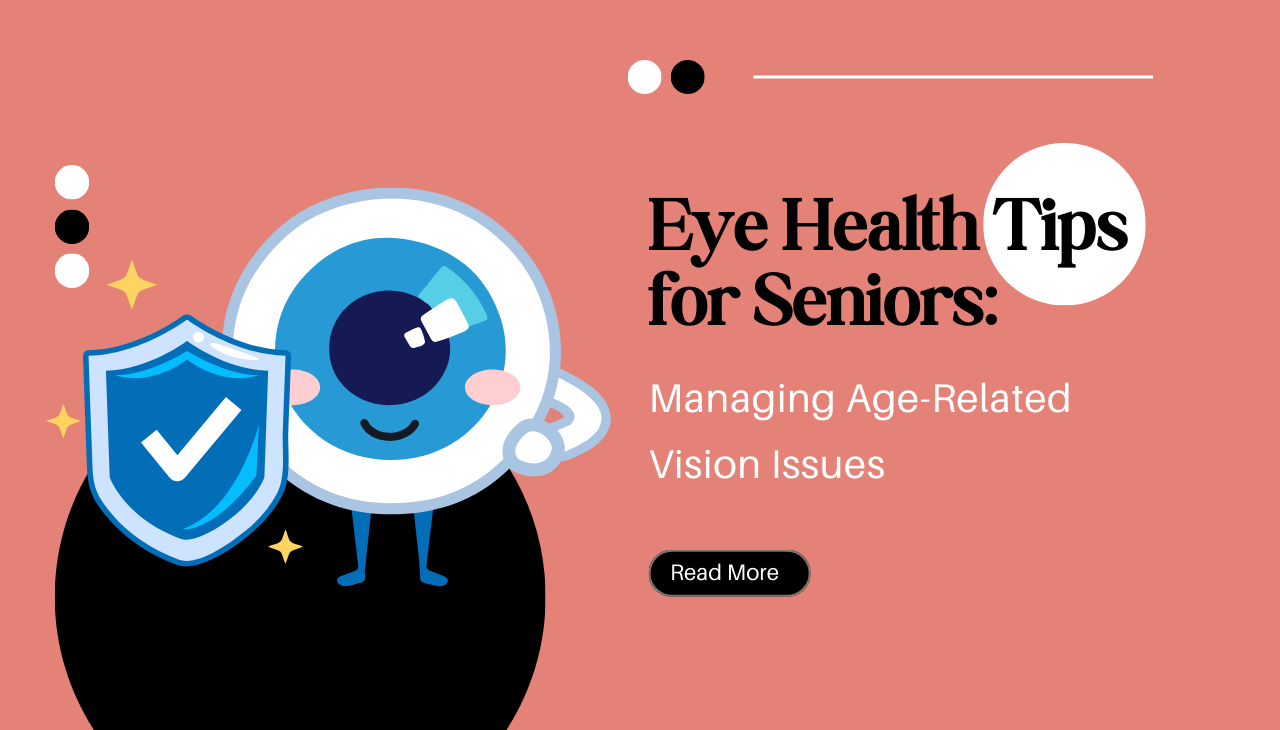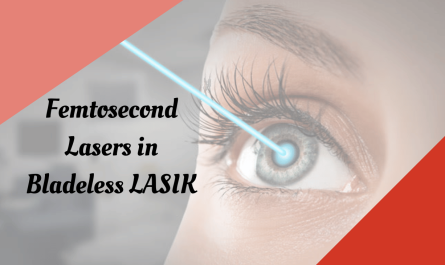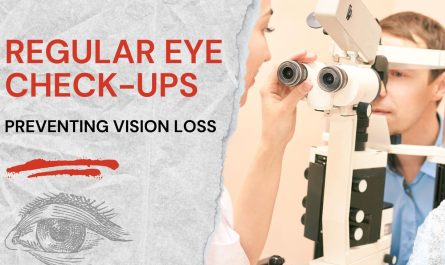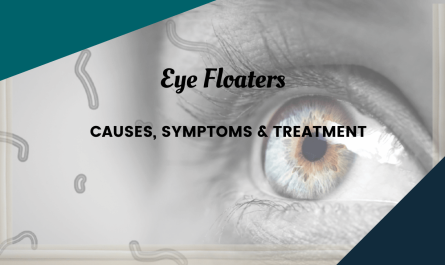As we age, maintaining good eye health becomes increasingly important. Seniors are more likely to experience age-related vision problems such as cataracts, glaucoma, macular degeneration, and dry eyes. However, with proactive care and lifestyle adjustments, many of these issues can be managed effectively, allowing seniors to enjoy clear vision and a better quality of life.
In this blog, we’ll explore practical eye health tips for seniors to maintain healthy eyes and manage common age-related vision concerns.
Understanding Age-Related Vision Issues

Aging affects various aspects of eye health, making seniors more susceptible to specific conditions:
- Cataracts: Clouding of the eye’s natural lens, causing blurred or dim vision.
- Glaucoma: Increased pressure in the eye that can damage the optic nerve, potentially leading to vision loss.
- Macular Degeneration: Affects the central part of the retina, impairing sharp and detailed vision.
- Dry Eyes: Reduced tear production leads to irritation, redness, and a gritty sensation.
- Diabetic Retinopathy: Damage to the retina due to diabetes, causing vision changes or loss.
Essential Eye Health Tips for Seniors
1. Get Regular Eye Exams
Comprehensive eye exams are vital for detecting vision problems early.
- Schedule an exam annually or as recommended by your ophthalmologist.
- Early detection of conditions like glaucoma or cataracts can prevent vision loss.
2. Protect Your Eyes from UV Rays
Sun exposure can accelerate age-related eye problems.
- Wear sunglasses that block 100% of UVA and UVB rays.
- Consider wearing a wide-brimmed hat for extra protection.
3. Maintain a Balanced Diet
Certain nutrients support eye health and may prevent conditions like macular degeneration.
- Vitamin A: Found in carrots, sweet potatoes, and leafy greens.
- Omega-3 Fatty Acids: Found in salmon, walnuts, and flaxseeds, help prevent dry eyes.
- Antioxidants: Zinc, lutein, and zeaxanthin in foods like eggs, broccoli, and spinach protect the retina.
4. Stay Physically Active
Regular exercise improves blood flow to the eyes and helps control systemic conditions like diabetes and hypertension that can affect vision.
- Aim for at least 30 minutes of moderate activity most days of the week.
5. Quit Smoking
Smoking increases the risk of cataracts, macular degeneration, and dry eyes.
- Seek support through counseling or smoking cessation programs to quit.
6. Manage Chronic Conditions
Conditions like diabetes and high blood pressure can lead to serious eye problems if not managed effectively.
- Follow your doctor’s advice for controlling blood sugar and blood pressure.
7. Practice Good Screen Habits
Prolonged screen time can exacerbate dry eyes and eye strain.
- Follow the 20-20-20 rule: Look at something 20 feet away for 20 seconds every 20 minutes.
- Use anti-glare screens and keep digital devices at a comfortable distance.
8. Use Artificial Tears for Dry Eyes
Over-the-counter artificial tears can alleviate discomfort from dry eyes.
- Consult your eye doctor for recommendations tailored to your needs.
9. Stay Hydrated
Dehydration can worsen dry eyes and other eye-related issues.
- Drink at least 8 glasses of water daily to maintain proper tear production.
10. Avoid Eye Injuries
Prevent accidental injuries by using protective eyewear during activities like gardening or home repairs.
Common Treatments for Age-Related Eye Conditions
- Cataracts: Surgical removal of the clouded lens and replacement with an artificial intraocular lens (IOL).
- Glaucoma: Managed with prescription eye drops, oral medications, or surgery to lower eye pressure.
- Macular Degeneration: Treated with nutritional supplements, anti-VEGF injections, or laser therapy.
- Dry Eyes: Addressed with artificial tears, prescription medications, or punctal plugs.
- Diabetic Retinopathy: Treated with laser surgery, injections, or vitrectomy, depending on severity.
How Seniors Can Prioritize Eye Health
- Stay Informed: Learn about symptoms of age-related vision issues and seek prompt care if you notice changes.
- Create a Vision-Friendly Environment: Ensure adequate lighting at home to reduce eye strain.
- Stay Up to Date on Vaccinations: Flu and shingles vaccines can prevent infections that might affect eye health.
Consult Laxmi Eye Hospitals for Senior Eye Care
At Laxmi Eye Hospitals, we specialize in comprehensive eye care for seniors. Our experienced ophthalmologists are skilled in diagnosing and treating age-related vision problems using advanced technologies and techniques.
With convenient branches in Dombivli, Panvel, Kharghar, Kamothe, we provide personalized care to address your unique needs. Whether you require routine eye exams, cataract surgery, or treatment for conditions like glaucoma or macular degeneration, Laxmi Eye Hospitals is here to help.
Book your appointment today to ensure healthy vision and a better quality of life in your golden years.
Conclusion
Aging doesn’t have to mean compromised vision. By following these eye health tips and seeking timely medical care, seniors can maintain clear vision and reduce the risk of age-related eye problems.
Trust Laxmi Eye Hospitals for expert care tailored to the unique needs of seniors. Take proactive steps today to protect your sight and enjoy a vibrant, independent life!




